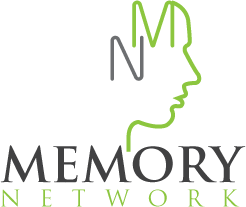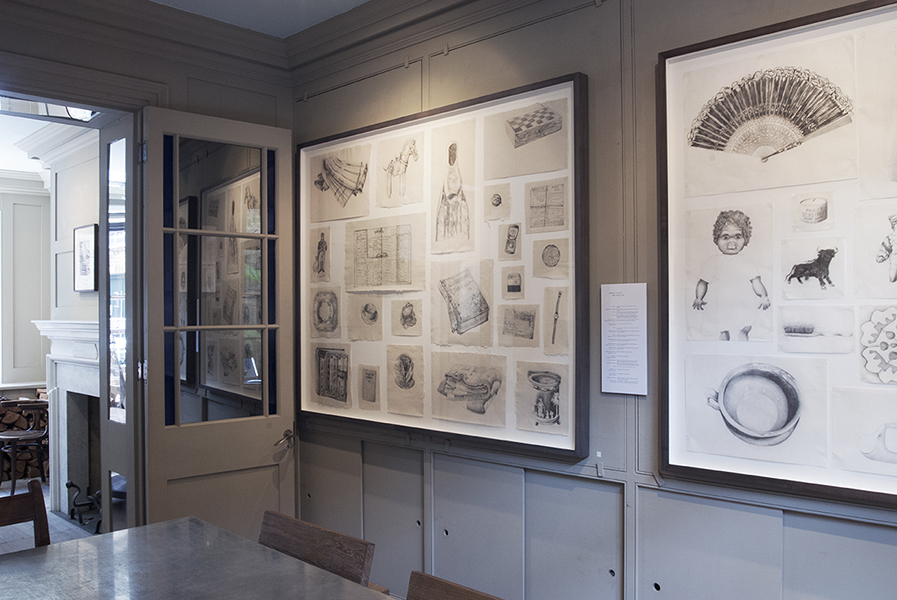I was born at home and delivered with assistance from my father on 24 August 1957, the day before my mother’s birthday. We lived at 23 The Hermitage, Richmond, Surrey. On 8 October 1959, my brother accidently broke a gas pipe in the nursery and we both lay unconscious, saved by our father performing mouth- to- mouth resuscitation.
At the end of 1959, the family moved to 36 Charlton Road, Shepperton, Middlesex. In 1964, we drove down to Alicante for a long summer holiday and rented an apartment ‘Casa Bonita’ in Campello near Alicante. There, my mother, aged 34, died suddenly of pneumonia on 13 September. We buried her in the City Cemetery in Alicante where her remains lie in the communal grave.
After I left home in 1980, my father continued living in Shepperton almost until his death from prostate cancer in April 2009. In May 2008, he was unable to look after himself and moved in with his partner, Claire, to her flat in Shepherd’s Bush. Needing to return his car to Shepperton for the final time, we arranged to meet at the house so that I could drive him back to Claire’s with a couple of bags of belongings and his typewriter. While my father was saying goodbye to his home of nearly 50 years, I was returning to the childhood family nest which I hadn’t seen for some 15 years.
Opening the door with the house key I’d kept all those years, the home had not changed since my childhood; the holiday flipper was holding the nursery door open, the dried lemon was sitting on the nursery mantelpiece, the plastic flower ornament was lying on my old bedroom window sill and our family hairbrush, still full of strands, was there on the bathroom ledge. Time had stopped still.
We didn’t visit the family house in Shepperton as my father liked to meet us in London, at our homes or in local restaurants. Over the summer and autumn of 2008, when he was well enough to travel in my car, we made fortnightly visits to the house together to pick up the mail, water the yucca and use the local cash point. As I reconnected with the old surroundings, and noted how the local high street, the library and the community hall seemed so small, he remarked that we’d found ourselves in Alice in Wonderland. After he died, I continued visiting the house to water the yucca and collect the mail until it was sold a few years later.
It’s a daunting task to clear a parent’s home after their death. In the house where we grew up, the past is present in each room, on the staircase banister, on the light switches, the window ledges, mantelpieces and door handles. We can sense the particular atmosphere of each space, hear and smell the past. As we make our way through the myriad of stuff which remains– the familiar, forgotten and unfamiliar, we discover and rewrite the past, calibrating our memories and thoughts, shifting the sense of ourselves and our life story.
It’s the little things – the broken ice bucket, the holiday flipper, the dried-up lemon – which resonate. These are precious because they unlock memories. Yes, I remember making pies in the garden with that Wedgewood bucket, mixing soil and water with a twig and feeling the cool mud slip through my hands. Yes, I remember how my brother swam across the bay in Rosas wearing that flipper as my father and I looked on from our apartment balcony at the tiny dot moving across the horizon terrified he’d be swept away by the currents. Yes, someone placed the lemon on the mantelpiece when I was about twelve and it remained there. Look at the yucca, once a small plant from Marks and Spencer which I’d given my father for Christmas 1976, and now a multi-headed monster overtaking the nursery and pressed up against the windows trying to break free to find the sun, fed on copious quantities of Baby Bio.
Discoveries are made too, some uncomfortable and painful. My father didn’t talk about my mother to me after her death in 1964, and we didn’t have any photographs of her on display at home. She became invisible, almost erased. All I had was her watch which I’d stolen, aged seven, from the bedroom apartment where she died, and I never told my father. Perhaps he knew I had it, locked away in my bedroom drawer for all those years and then taken with me when I moved away. Like an archaeologist looking for clues to the past, I found a golden Stratton powder compact on my father’s writing desk after his death and researched its design to the early 1960s. It must have been my mother’s because she powdered her nose with a gold compact.
I discovered a collection of tiny black and white photographs of my mother, infant brother and me on Prestatyn beach, North Wales, near where my maternal grandmother lived – all never seen before – thrilling and upsetting. Then a pair of small black and white photographs, one of my mother and another of my father holding baby me in Chiswick House Gardens. My parents are standing in front of a large stone statue of the sphinx, the man-eating mythical beast who guarded Thebes, and they look so happy, unaware of my mother’s death seven years later.
Importantly, the discovery of these photographs has enabled me to piece together a picture of my mother for the first time. I’m curious about my resemblance to her – do I have the same nose and eyebrows? I can now see the clothes, hats and shoes she wore, the design of her handbag, and her necklaces. And, yes, I did have two parents and I now can place myself with her as well as my father in my life story.
The Memory Boxes commemorate and celebrate these objects which stir the memory and unlock the past. The drawings of my mother make concrete her presence. The process of drawing and making marks on to paper brings her back, and makes her real. They reinstate her into my life.

